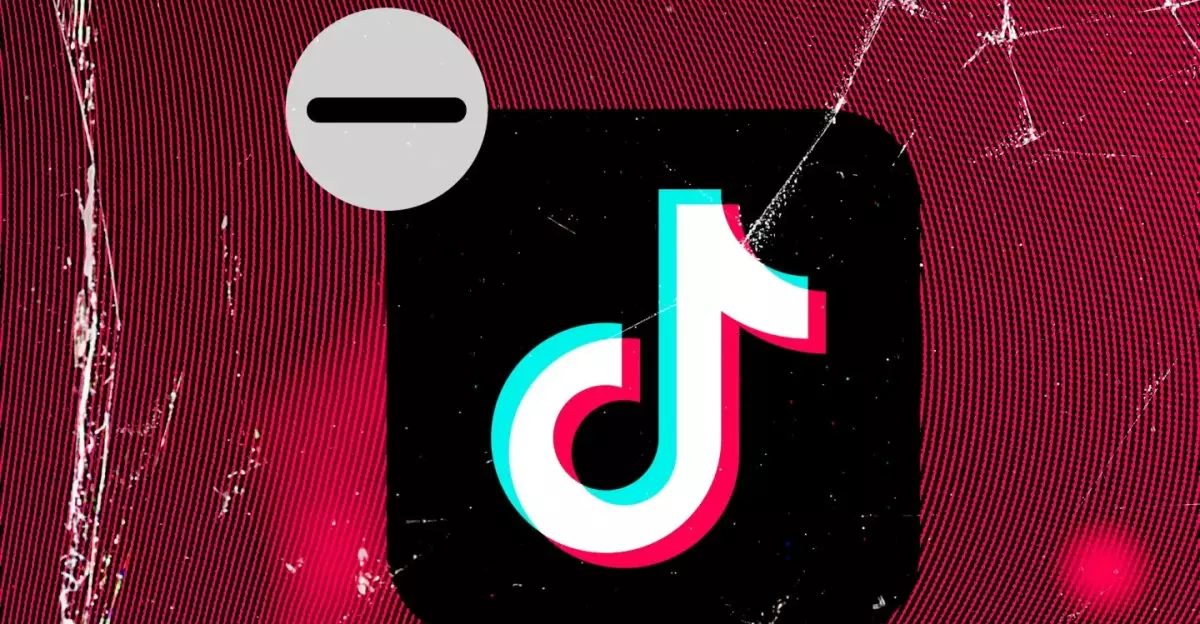In a significant development for the tech world, Apple and Google have reinstated TikTok in their respective app stores after a brief but tumultuous removal. Following nearly a month of intense scrutiny and legal maneuvering, both iOS and Android platforms welcomed back the popular short-video application, which had faced a ban by the U.S. government. This decision marks a pivotal moment not only for TikTok’s millions of users but also illustrates the intricate relationship between large tech companies and government regulations.
The removal of TikTok from app stores was a reaction to a law directed at the app’s parent company, ByteDance, amid rising national security concerns. With the backdrop of a rapidly changing political landscape, many wondered whether this app, central to the social media revolution, would be permanently sidelined. The swirling uncertainties that surrounded TikTok stemmed largely from its Chinese origins and worries over user data security.
The reinstatement of TikTok came after U.S. Attorney General Pam Bondi provided a letter reassuring Apple and Google that they would not face legal repercussions for hosting the application. This development was reported by Bloomberg and highlights how legal consultations can swiftly influence corporate decisions in the tech industry. The letter effectively lifted the pressure from both tech giants, who had previously feared hefty fines amounting to billions of dollars should they continue to host the app amidst the ongoing bans.
Notably, the timing of the letter coincided with former President Donald Trump’s broader strategy regarding TikTok, which included a 75-day temporary halt on enforcement of the ban that was established through an executive order. This executive order exemplifies the complex interplay of executive power and corporate governance, raising questions about the extent to which government action can impact private enterprises.
While Apple and Google have reinstated TikTok, their journey has raised crucial questions concerning the role of technology platforms in navigating regulatory climates. The swift return underscores how major companies can sometimes act as gatekeepers to applications that have become central to modern communication, especially amongst younger demographics. The experience serves as a reminder of the vulnerabilities that tech companies face in balancing legal requirements and market demands.
Moreover, the reinstatement coincides with a larger discourse about data privacy and security. The motivations for the U.S. government’s previous actions against TikTok highlight a growing awareness of the need to scrutinize applications and their data handling practices. This scrutiny inevitably leads to increased pressure on tech giants to be transparent about their data policies.
TikTok’s return to app stores reflects the fluid nature of technology regulation in the United States. With both Apple and Google complying with legal assurances, it will be interesting to watch how the app’s ownership and operational practices evolve in the coming months. Moreover, the involvement of political figures, such as Vice President JD Vance overseeing the negotiations, signals that the TikTok saga is far from over. As users reclaim access to the platform, the stakes for data privacy and corporate accountability remain high in this ongoing narrative.

